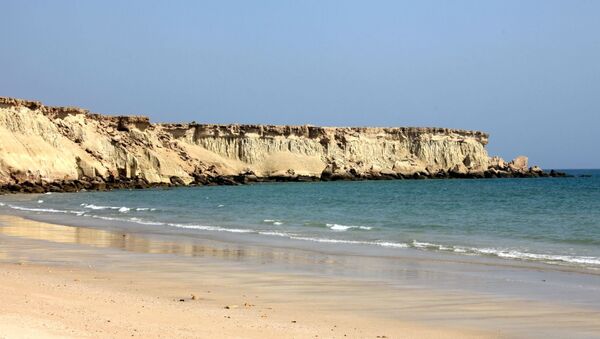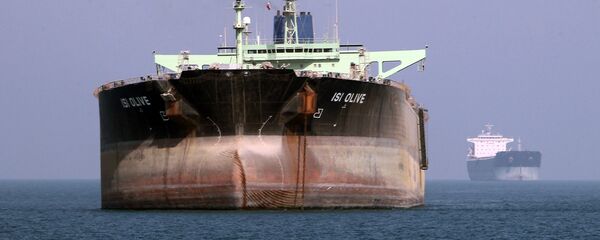The terminal will store light, heavy and ultra-heavy fractions of crude oil produced in Iran's West Karoun oil fields. The $550-million project's first stage will see the building of storage facilities with a 10-million barrel capacity, with its sea terminal large enough to accommodate tankers of up to 140 meters (450 feet) deep.
"A new terminal will not shift the balance of power. The terminal at Qeshm has been discussed since 2006… Iran is not at full oil production capacity yet and will need international oil companies to help build that capacity. As we have seen in recent months, the new Iranian terms are not yet approved. No oil company has signed on to the new terms yet," Willy Olsen, an associate fellow at the London-based nonprofit Royal Institute of International Affairs, commonly known as Chatham House, said.
Iran has been ramping up its oil production despite the ongoing slump in oil prices. In January, the European Union, the United Nations, and United States partially, lifted their sanctions against Iran after the International Atomic Energy Agency verified Tehran’s compliance with a nuclear agreement reached last July. The lifting of sanctions allowed Iranian oil producers to reenter the global market.
In its effort to diversify its customer base and distribute export capacities from the Kharg Island terminal, which currently exports 90 percent of Iran's crude exports, Iran plans to establish oil terminals on the islands of Jask, Lavan, Sirri as well as Qeshm, Olsen explained, adding that the country is still producing less than 4 million barrels per day, still far behind Saudi Arabia, whose output exceeds 10 million barrels per day.
The Qeshm project will, however, help the National Iranian Oil Company (NIOC) boost its exports to China as well as increase the number of Chinese companies involved in importing Iranian oil, Paik Keun-Wook, an associate fellow of the Energy, Environment and Resources department at Chatham House, told Sputnik.
"Until recently, the main Chinese buyers of Iranian crude were SINOPEC and Zhuhai Zhenrong. The terminal expansion will help more crude exports by NIOC, and there will be a big interest from tea pot refineries in the Shandong province that has been authorized to import the crude oil directly, without depending on Chinese NOC’s [National Oil Companies] traders," the expert said.
The development will not fundamentally affect Saudi Arabia’s exports, Paik Keun-Wook added, noting that it will, however, affect Iraq’s plan to export more crude oil to China, by expanding its ports.



